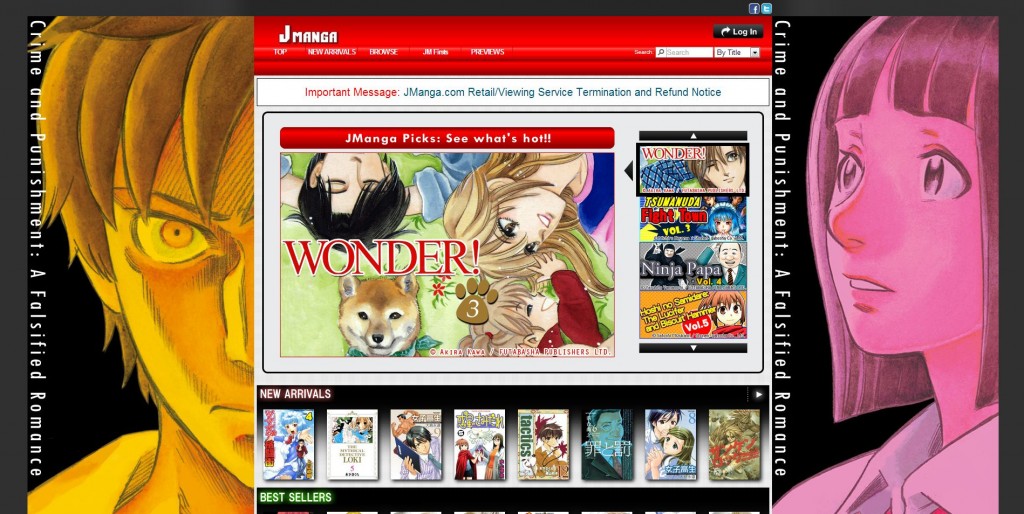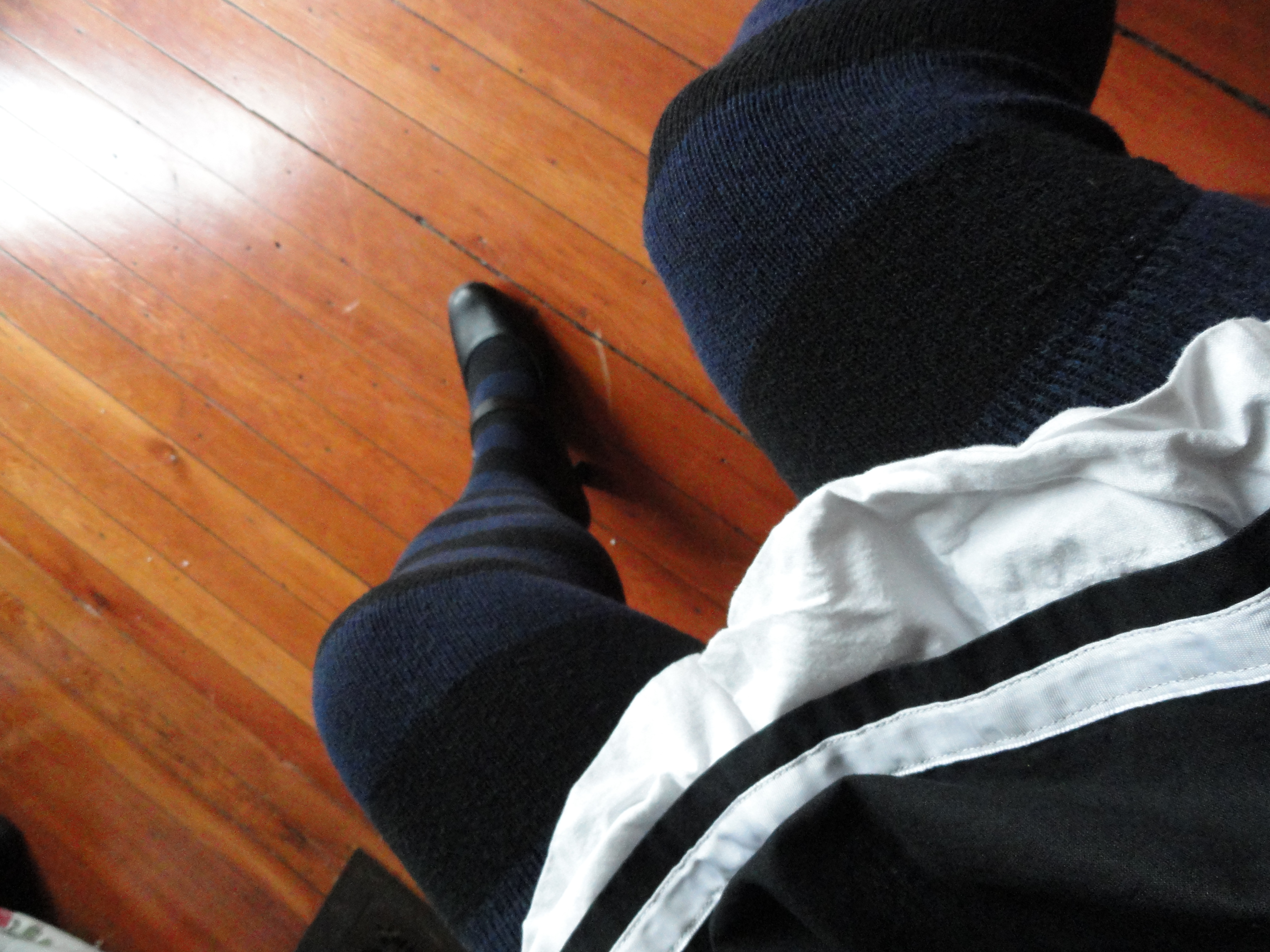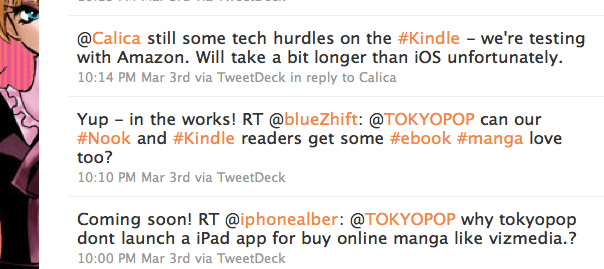If the publisher allows it, eBooks for the Nook or the Kindle can be loaned out to another person to read on their eReader for a limited time. We’re all familiar with lending and borrowing the books of friends and this is often the way we discover new authors. Reading, while in itself, a solitary activity, has always been an intensely social pursuit. How does this translate to the eBook experience?
Well so far, much gets lost in the translation. First, not all publishers allow lending of their eBooks. Second, the lending period is only 14 days. So if your buddy loans you an eBook edition of War and Peace, then you’ve just got yourself a new job for 2 weeks. Finally, you are only allowed to loan a book out exactly one time and one time only! I’d say this is a pretty lousy translation at this point.
I understand what the publishers are trying to do with these restrictions, but if they expect a family or group of students living together to buy a separate copy of a book for each person, then they are going to be disappointed. the absurdity of the restrictions will only increase the attractiveness of getting eBooks through less than legitimate channels.
Publishers would do well to adopt a model similar to the one iTunes uses. In iTunes a limited number of computers can be authorized to play music in the user’s library. This works reasonably well for the typical family with computers on a home network. Why not allow readers to authorize a limited number of eReaders to read the books they have bought? Eliminate the one time only lending limit and the 14 day loan period. I’d also get rid of the restriction that you cannot read a book you have currently loaned out. Why shouldn’t a family be able to read a book together simultaneously? This capability could even be a selling point for eBooks versus physical ones.
A good portion of computer software piracy is the casual sort where a family copies software onto multiple computers at home rather than buying a full priced copy for each machine. Major software publishers, such as Microsoft, Apple, and Symantec finally got a clue and began to offer multi-license family packs. For much less than the cost of individual licenses, the typical pack allows the user to legally install the software on up to 3 computers in their home.
As eBooks continue to rise in popularity, publishers would be wise to adopt more liberal restrictions before the grey, 100% discount, market becomes the preferred way for people to fill their eReaders.
BTW, you can get War and Peace for free at Project Gutenberg right here!
 I’m pouring one out for JManga. Today, May 30, 2013 is the last day of the service before its complete shutdown. Can’t really say why exactly it failed. I’ve read elsewhere that even its most popular titles only sold in the hundreds of copies. And I’ve read speculation that the marketing was not as good as it could be, or that there were just too many pirate manga sites to complete with.
I’m pouring one out for JManga. Today, May 30, 2013 is the last day of the service before its complete shutdown. Can’t really say why exactly it failed. I’ve read elsewhere that even its most popular titles only sold in the hundreds of copies. And I’ve read speculation that the marketing was not as good as it could be, or that there were just too many pirate manga sites to complete with.
